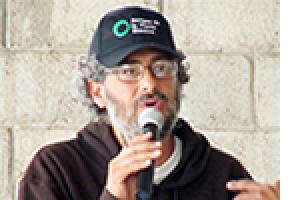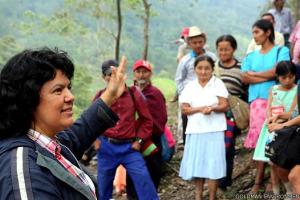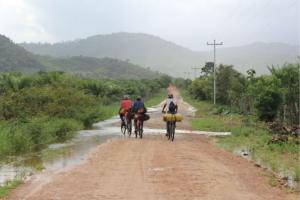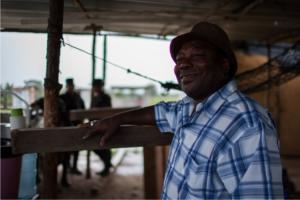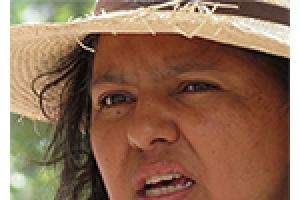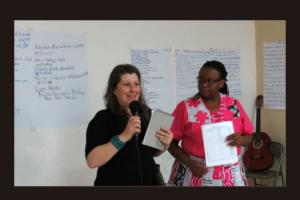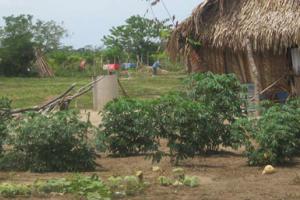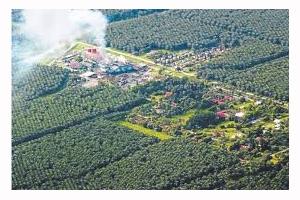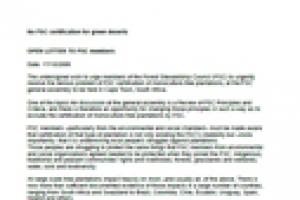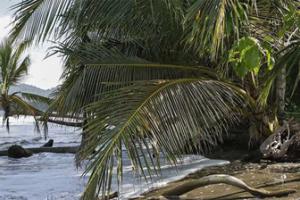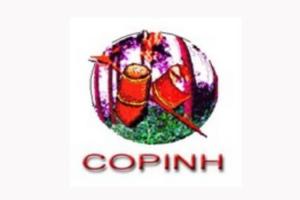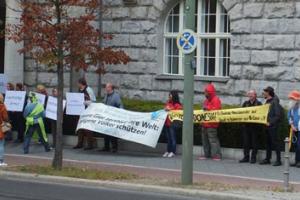Embassy of Honduras in Mexico.
Mexican Consulate in Honduras.
Inter American Commission on Human Rights.
Sign-on here
Honduras
Action alerts
4 March 2016
Other information
3 March 2016
The international peasant movement La Via Campesina denounces to the national and international public that on this day, 3 March 2016 in the early hours of dawn, our dear sister in struggle, BERTHA CÁCERES, General Coordinator of the Civic Council of Popular and Indigenous Organizations of Honduras (COPINH) was assassinated.
Other information
15 October 2015
An article in the newspaper "El País" shows the intense violence experienced by the people of the valley of Bajo Aguán, in Honduras, who are struggling to regain land that was captured long ago by Dinant Corporation for its vast palm oil plantations. The conflict has attracted worldwide attention partly because the company had the backing of the International Finance Corporation (IFC), the commercial sector arm of the World Bank which grants loans to private companies.
Other information
10 August 2015
Along the Atlantic coast of Honduras, Afro-Caribbean Garifuna communities are being threatened and forced from their land by proposals for the creation of mega-tourism projects and corporate-run cities, often known as “model cities,” as well as the expanding interests of narco-traffickers and oil palm plantations to invade and use their territories. Faced with evictions, the Garifuna communities have decided to dedicate themselves to non-violent resistance in defense of their territory.
Other information
6 May 2015
In a country with growing socioeconomic inequality and human rights violations, Berta Cáceres played a key role in the struggle of the indigenous lenca peoples of Honduras against the construction of a mega-dam that would destroy the Rio Blanco. She undertook a grassroots campaign with the local communities and led a protest where people peacefully demanded their rightful say in the project.
Other information
26 September 2014
Bulletin articles
26 September 2014
In the early 17th century, during the colonial era, shipwrecked Africans reached the Caribbean coast, inhabited by the Kalinagu or Caribe people. Over the years, cultural syncretism gave rise to the ethnic identity of the Garifuna people. The fusion produced the Garifuna language, religion and traditions. The Garifuna people settled river estuaries and marshes on the coasts of several Central American countries, where they engaged in fishing and subsistence agriculture.
Other information
26 September 2014
Representatives of organizations from different Latin American countries and of international networks met together in La Ceiba, Honduras, verified from local testimonies the serious situation faced by campesino, indigenous and Garifuna communities due to the voracious advance of monocultures of African palm.
Declarations
12 September 2014
In the framework of the Latin American forum on
“Large scale monocultures in Latin America, land grabbing
and threats to biodiversity and food sovereignty”
September 6-11, 2014 - Garifuna Territory, Honduras
Other information
5 February 2014
In October 2013, the Civic Council of Popular and Indigenous Organizations of Honduras (COPINH) denounced the Agua Zarca hydroelectric dam project, on the grounds that its execution would impact on their ancestral lands, which had been illicitly seized to open the way for the dam’s construction.
Bulletin articles
11 September 2013
Millions of hectares of industrial oil palm plantations have been expanding in many countries of Asia, Africa and Latin America with a well documented history of tropical deforestation –including enormous fires- and a sad toll of human rights violations.
However, the powerful interests behind this business continue actively promoting this crop, against a background of growing opposition at the local level.
